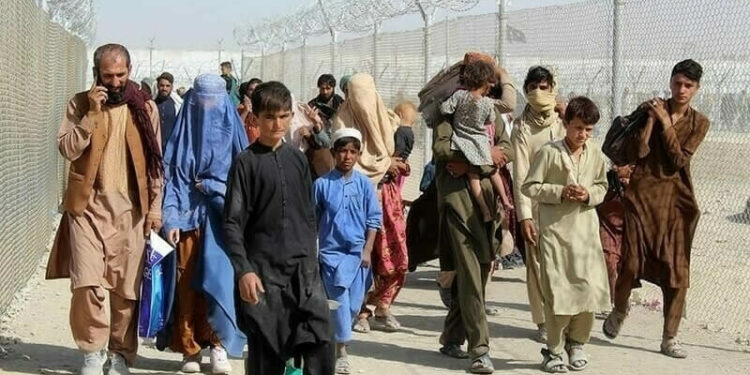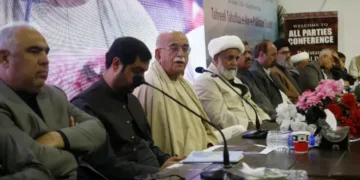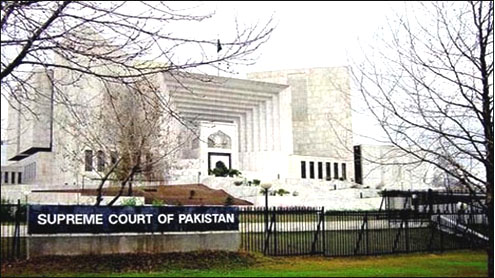Pakistan has decided to grant a one-year extension in the stay of registered Afghan refugees, allaying fears of their imminent return to Afghanistan. This extension comes as a significant relief to the Afghan community in Pakistan, who were anxious about their future.
In October last year, the caretaker government had announced the repatriation of all illegal foreigners, citing security concerns. This decision was widely interpreted as targeting Afghan refugees, an allegation that officials denied. Repatriation efforts for undocumented Afghans commenced on November 1, and officials report that up to 500,000 Afghans have since returned to their home country. Previously, it was estimated that there were nearly 1.7 million illegal Afghans in Pakistan, many of whom had resided in the country for four decades.
The Prime Minister’s Office issued a statement on Wednesday, confirming the extension: “The federal cabinet approved a one-year extension of the validity of PoR (Proof of Registration) cards for 1.45 million Afghan refugees. Their PoR cards expired on June 30, 2024. The extension has been granted until June 30, 2025.”
According to the UN refugee agency, Pakistan remains home to around 1.3 million registered Afghans. In addition to those with PoR cards, more than 800,000 Afghans possess Afghan citizenship cards, as reported by the United Nations High Commission for Refugees (UNHCR).
Prime Minister Shehbaz Sharif presided over the cabinet meeting that approved the extension. This decision follows reports that Pakistan had suspended the repatriation of Afghans without legal documents. The cabinet’s move underscores the government’s recognition of the humanitarian needs of Afghan refugees and the complexities involved in their repatriation.
UNHCR spokesman Qaisar Khan Afridi provided detailed statistics, noting that 52% of PoR cardholders reside in Khyber Pakhtunkhwa, with over 315,000 in Balochistan, around 1,950,000 in Punjab, 75,000 in Sindh, 40,000 in Islamabad, and some in Azad Jammu and Kashmir.
UN High Commissioner for Refugees Filippo Grandi confirmed the suspension of the repatriation plan following his meetings with Pakistani leaders at the conclusion of his three-day visit. Grandi expressed appreciation for the suspension of the “Illegal Foreigners Repatriation Plan” and sought assurances that it would remain on hold. A UNHCR statement noted his call for Pakistan to continue its “proud tradition of hospitality towards those Afghans with international protection needs.”
This extension is a testament to Pakistan’s ongoing commitment to providing refuge and support to Afghan nationals during these challenging times












